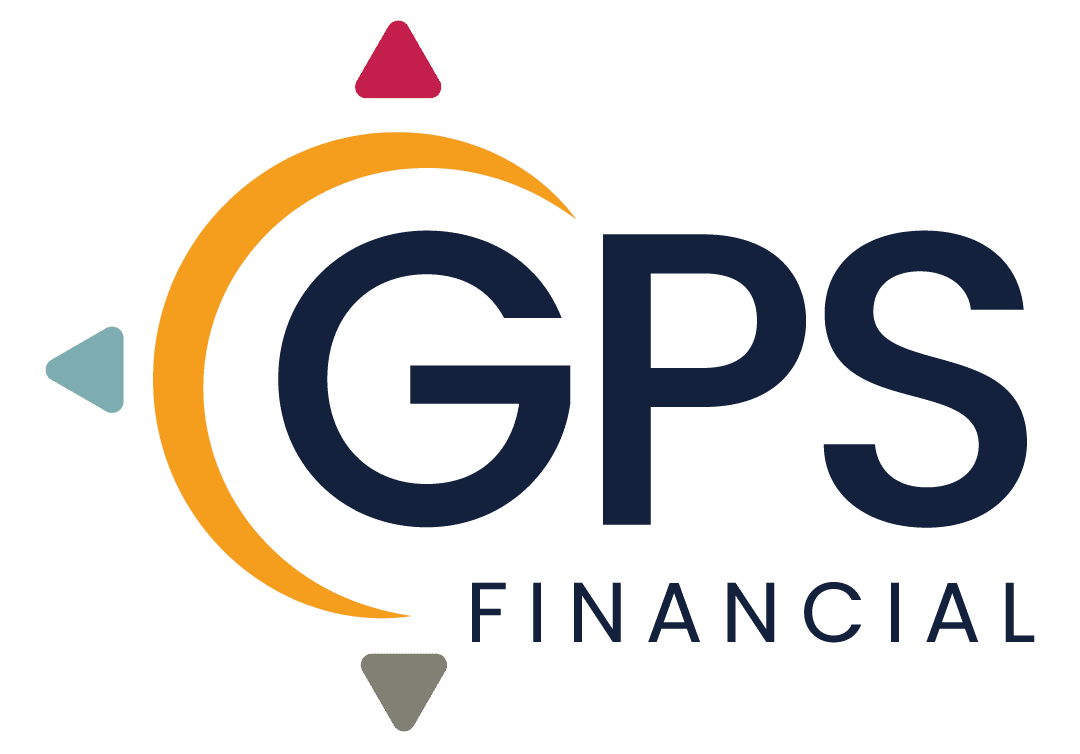Second Charge Mortgages
- Industry leading property finance specialists
- Expert brokers with decades of experience
- Access to the top lenders to get the best value
Get in touch for a free, no-obligation chat with an adviser about how we might be able to help.
Home » Second Charge Mortgages
Second Charge Mortgage – what to consider
If you have good equity in your home and want to release it as cash, a second charge mortgage is one option to achieve that goal. It’s not the only option available – so when is a second charge mortgage a suitable choice?
What is a second charge mortgage?
A second charge mortgage – or a second mortgage – is where you take out an additional home loan using your property as security.
‘Second charge’ refers to the priority that this new lender has over your property, should it ever need to be repossessed. If you are unable to repay your main mortgage, your lender could sell your home to recover its money. If you had a second mortgage on the home, that lender would only be repaid once the debt to the first lender was settled.
People sometimes take out a second mortgage to fund home improvements, support their children with university fees or put down a deposit on a second home or Buy to Let property.
Who is eligible for a second charge mortgage?
To be eligible for a second mortgage you will need to have a good level of equity in your home – that is, the mortgage on it is considerably less than what the home is worth.
If you have £200,000 left to repay on your mortgage but the property has been valued at £300,000, you have £100,000 in equity. You could potentially take out a second mortgage to release some of that £100,000 as cash.
The second charge lender will have various criteria you will need to meet, such as a reliable income, and they will look at your credit score.
How much could I borrow on a second mortgage?
The amount of money you can borrow will depend on the level of equity you have and your specific financial situation. As a guide, it is usually possible to borrow up to 85% of your equity but some products will go up to 100%. Based on our example above, you could potentially borrow £55,000.
Remember, though, that this is on top of your mortgage and you will need to be able to afford the additional repayments.
What are the risks of a second charge mortgage?
Taking a second charge mortgage is risky – there is more chance of losing your home if something goes wrong and you can’t meet your repayments.
If you don’t take a fixed rate deal, a rise in interest rates will increase your monthly repayments and make them more expensive.
Also, taking the equity in your property out means you have less security for the future. If house prices fall there’s a higher chance of negative equity.
Some people look at taking a second mortgage to consolidate their debts, but we advise against this. Personal loans and credit cards are not secured – they will not put your home at risk. Securing other debts against your property is not recommended.
What are the alternatives to a second charge mortgage?
It’s much more common for people to access cash from their equity by remortgaging. This is often simpler, provided you’re at a suitable stage in your mortgage where there’s no exit fee to end your current deal.
You would end your current mortgage and move to a new lender, requesting a higher loan amount. The difference between your borrowing and the mortgage would be released to you as cash.
Remortgaging involves applying for a new mortgage, which involves all the usual checks on affordability and credit rating. Your mortgage advisor will confirm whether you are likely to be approved for the extra borrowing.
Another, simpler option if you’re happy with your current mortgage deal is to explore whether your lender would give you a Further Advance, which is an extension to your current mortgage.
When is it worth getting a second charge mortgage?
You might choose a second mortgage in one of the following situations:
- You have tried to get other borrowing, such as a personal loan, and are finding it difficult – e.g. you’re self-employed.
- Your credit rating has worsened, so remortgaging could put you on a higher interest rate. Taking out a second mortgage, you would only pay the higher rate of interest on the new borrowing.
- If your current mortgage has a high early repayment charge, it may be cheaper to choose a second charge mortgage.
We will explore all the options with you to achieve your goals and advise you on the most suitable approach for your circumstances.
How can a mortgage broker help?
We work with clients in all kinds of situations to help them achieve their property goals. We will explore the options – mortgages, other secured loans, alternative income sources or other recommendations to suit your plans.
We’ll explore your existing mortgage situation and work with you to find the best course of action. We are fully authorised and regulated by the FCA – contact our registered office in Cardiff for an initial chat. There is no broker fee for an initial consultation.
Useful Links
- About Us
- Bridging Loans
- 100% LTV Bridging Loans
- Auction Bridging Finance
- Bridging Loan Locations
- Bridging Loan for Property Development
- Bridging Loan Property Purchase
- Bridging For Refurbishment
- Commercial Bridging Loans
- Regulated Bridging Loan
- Quick Bridging Loans
- Buy-to-Let Mortgages
- Expat Mortgage Broker
- HMO Mortgages
- Mortgages for Expats and Foreign Nationals
- Limited Company Buy-to-Let
- Self-Build Mortgages
- Short Term Lets
- Specialist Mortgages
- Contact Us
Why GPS Financial?






